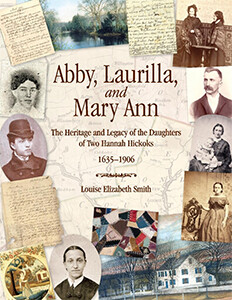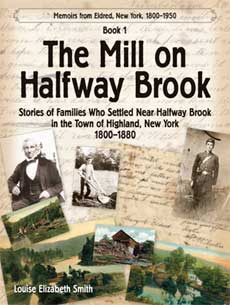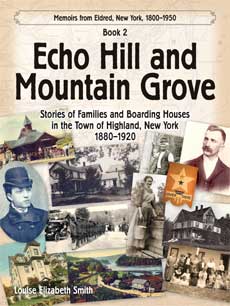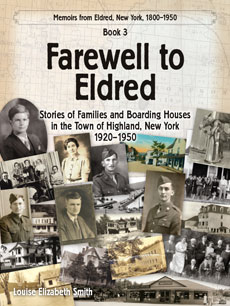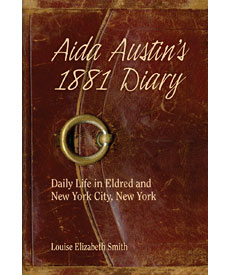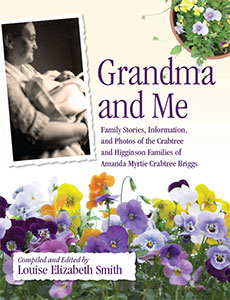As I mentioned in an earlier post, my great-great-grandfather, James Eldred and his family, wife Polly, and children, twelve-year-old Amelia, ten-year-old Sarah, five-year-old Eliza, Abraham Mulford nine, Charles Cotesworth Pinckney (CCP) seven, and Grandmother (his mother, Mary Hulse Eldred Forgeson, 61), arrived two days before 1816, in what was then the Town of Lumberland.
J W Johnston in his book, Reminiscences, tells us about the year 1816.
Oliver Calkins was Supervisor of the town of Lumberland which had four frame houses, nine frame barns, and a gristmill owned by Jeremiah Barnes.
James Eldred owned one of the eight saw mills, and one of three watches. Jacob Manney furnished the clock time for the town since he had a clock.
Animals included 19 horses, thirty-four oxen, and as many cows. There were ten wagons.
Only one hundred eighty-nine acres were improved land and there were $9200 in debts due. Boards and scantling were 182,000 and 10,000 of them were from Alexander Carmichael.
In his list of families in the town of Lumberland in 1816, Mr. Johnston includes James Eldred’s name along with Alexander Carmichael (just mentioned), Peter Swartwout, Rhenel Hooker, Francis, Abraham, and David Quick, James, John, and Joseph Carpenter, John Johnston, Jeremiah and Cornelius Barnes, Reuben Hickok, Jesse and William Wells, and Jacob Manney.
—Johnston, Reminiscences, p. 266
Others were in the area. Wilmot Clark was in Lumberland by 1815, and the Schoonovers (from Holland) were there by the end of 1816.
The Johnston family were living near Handsome Eddy, Bartow at Barryville, Carpenter and Wells on Beaverbrook. Two miles above Barryville lived a man by the name of Reeves who kept a tavern in a double log house. Two other families on Halfway Brook by the names of Watkins and Carmichael. Hickok, Wiggins, and a black man lived between Beaverbrook and Halfway Brook.
—Great Aunt Aida Austin information
Great-Great-grandfather James Eldred began lumbering and farming in 1816, though most of the crops that year were destroyed because it was so cold. There was a frost even in the summer months.
…The notorious cold summer of 1816 when not a spear or ear of corn was grown in the land, when rye, potatoes and onions were the only crops; and when robust men would cradle, rake and bind rye all the day, clad in their deer skin mittens, their heaviest clothing…—Johnston, Reminiscences, p. 265


